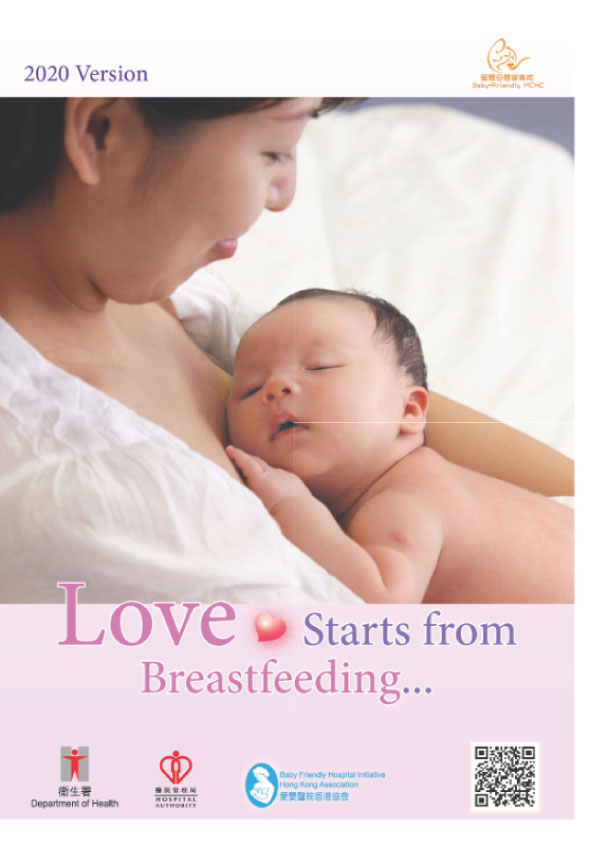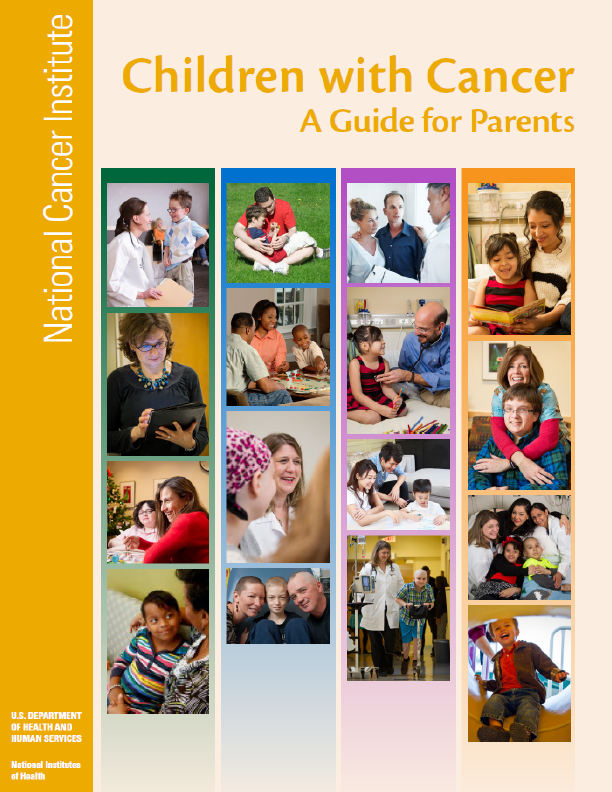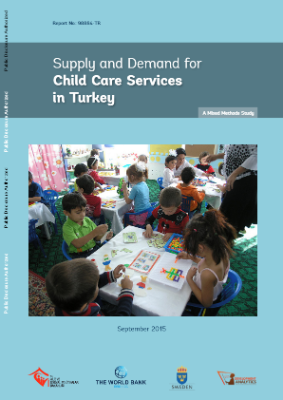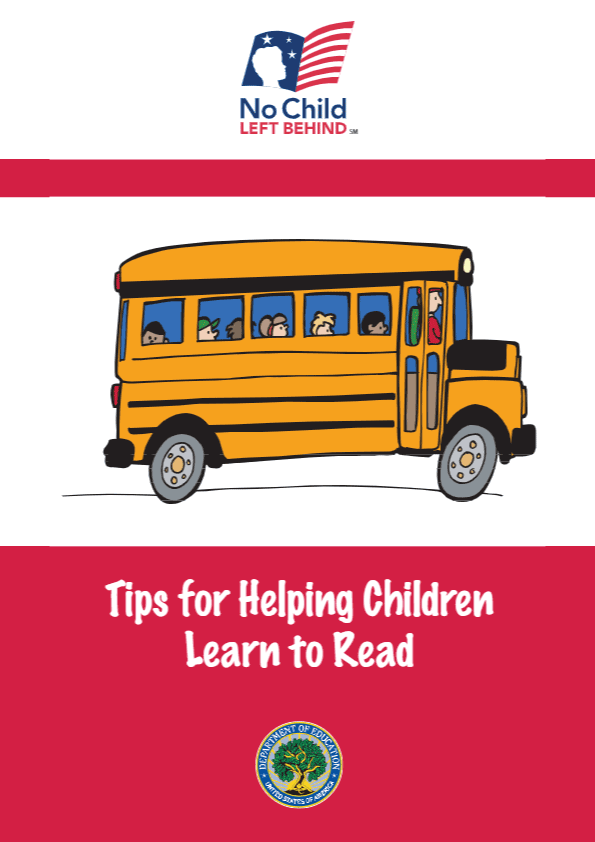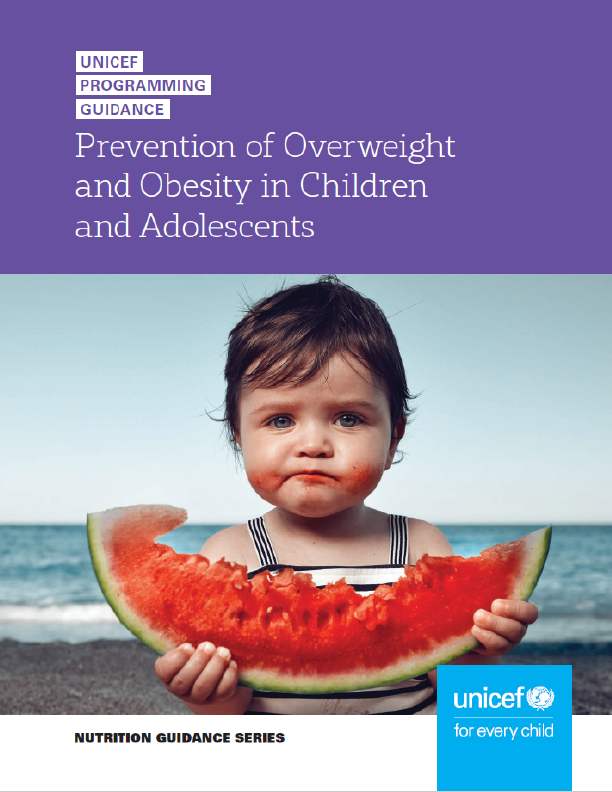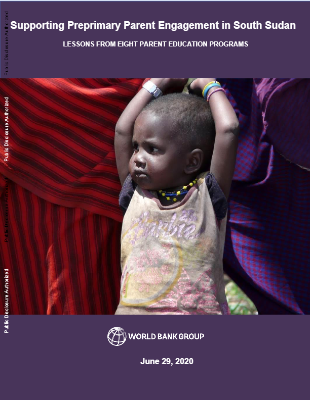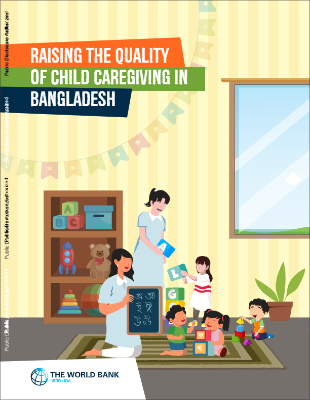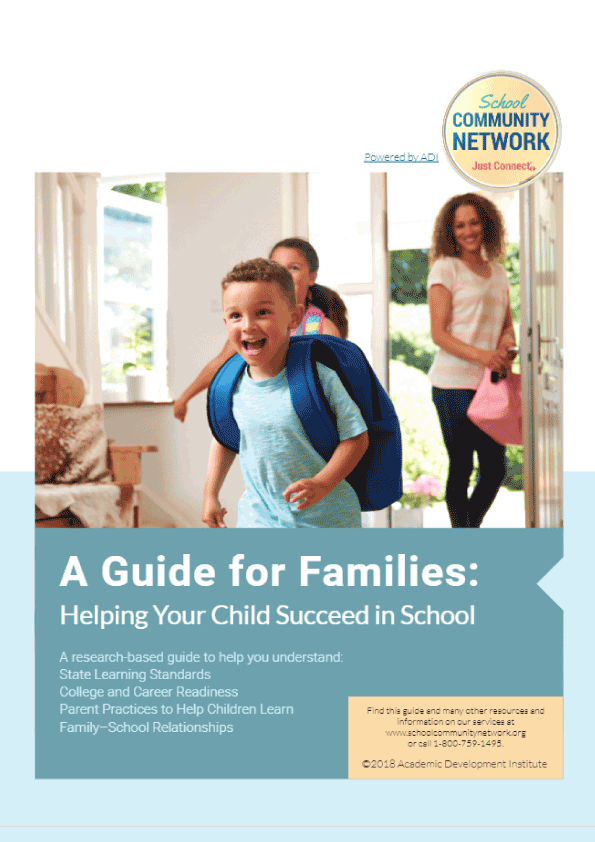Breastfeeding is the Foundation of Life
As recommended by the World Health Organisation, babies should be exclusively breastfed in the first 6 months. Solid food should be introduced gradually at around 6 months old to cater for their nutritional needs. Continue to breastfeed up to 2 years old or beyond.
Benefits of breastfeeding
Babies
- It reduces the risk of:
- Diarrhoea
- Chest infections
- Respiratory tract infections
- Middle ear infections
- Obesity
- Future diabetes
- It helps:
- Digestion
- Accepting new food
Builds a close relationship between mother and baby
Mothers
- It reduces the risk of:
- Breast cancer and ovarian cancer
- Bleeding after delivery
- Diabetes
- It helps body slimming
- It saves time and money
- It is convenient, and protects the environment
* Preterm, sick, jaundiced babies need breastfeeding even more!
* Reduces the risk of necrotising enterocolitis in premature babies
Contains natural antibodies that enhance immunity
During pregnancy, antibodies are transferred to the baby via the placenta. However, these antibodies will be gone by about 6 months after birth. In the first 2 to 3 years of life, babies can easily pick up infections due to their immature immune systems. Breastmilk contains natural antibodies, living immune cells, enzymes, etc that timely reduce the risk of infection.
Offers comprehensive nutrition that promotes development
Breastmilk is a living fluid. Mothers are able to produce breastmilk with a varied combination of nutrients that are specific and meet their babies’ needs at different stages of growth. Nutrients in breastmilk, such as omega-3 fatty acid (e.g. DHA) and taurine, help babies develop their brain, eyes and the digestive system etc. Different ingredients are added to formula milk to imitate breastmilk. Currently there is insufficient evidence to indicate these ingredients are beneficial to babies’ long term health.
Exclusive breastfeeding
In exclusively breastfed babies, antibodies and other components in the breastmilk protect their gut, reducing their risk of infection
Unnecessary supplementation with formula milk or water will reduce the babies’ desire for breastfeeding, resulting in a decrease in breastmilk production
Direct breastfeeding
The benefits of breastfeeding are not limited to the composition of breastmilk…
- During breastfeeding and skin-to-skin contact, both mum and baby release “love hormone” (oxytocin) which enhances bonding with each other:
- For babies: It stimulates emotional, intellectual and brain development to build happy and confident kids
- For mothers: It relaxes their body and mind, boosts happiness and nurtures their motherly love
- Direct breastfeeding helps with responsive feeding
- The baby takes the lead on the breast and does not overeat, thereby reducing the risk of future obesity and diabetes
- Suckling on breast promotes oral muscle development and reduces malocclusion (such as protruding teeth)
Some mothers wish to know the exact amount of milk consumed by their babies and give up direct breastfeeding. However, the milk consumed varies between babies and between feeds. Responding to the babies’ cues would better satisfy their physical and psychological needs
Raising a smart and happy Kid
Connecting and interacting with your bump promotes your baby’s brain development
At around 20 weeks, the unborn baby begins to hear and tunes in to the mother’s attentive love.
Expectant parents can interact more with the baby before birth by:
- Gently stroking the bump
- Sensing the baby’s movement
- Talking to her
- Singing a song
- Listening to music with her (Don’t play the music directly on the bump)
Invite elder brothers or sisters to bond with the bump. This helps build a close and loving relationship in the family.
Connecting with your baby
After the baby arrives, parents can:
- Engage in skin-to-skin contact with their baby
- Room-in with the baby
- Observe and respond to the baby’s needs by feeding responsively, cuddling, holding, talking to and singing to her…
When babies are kept close to their parents and their needs are responded to, they will become happy and confident children and adults
A close and loving relationship between parents and babies:
- When babies feel loved, they release “love hormone” instead of stress hormone
- These help build the babies’ brain and lay foundation for their lifelong health
- It also releases “love hormone” in the parents, which boosts bonding and parenting skills
- Babies will feel secure, stay calm and cry less
Getting ready for breastfeeding since pregnancy
Your breasts begin to prepare for lactation about the time you get pregnant, and begin to produce colostrum at around the second trimester
Did you know?
Changes in breasts begin in pregnancy
Expectant mothers may feel breast fullness and notice darkening of nipples and areolae, some even leaking of small amounts of milk. Some may have small accessory breasts under their armpits. Sebaceous glands may appear as small bumps around the areolae
Throughout pregnancy and lactation, sebaceous glands (also known as Montgomery Glands) may increase in size and number, giving off
- Oil: lubricates nipples and areolae
- Anti-infective property : keeps germs away
- The mother’s scent : help lead the baby to the breast
Do not wash your nipples off with soap before each breastfeeding
Did you know?
Size of breasts does not affect the milk production
Even if the breasts are relatively small, the amount of breastmilk produced is not affected, although they may store less milk per feed. Your baby will increase the frequency of feeding, if needed, to maintain the total daily breastmilk intake
Mothers with flat or inverted nipples can breastfeed successfully
To suckle and get milk properly, a baby draws the nipple and most of the areola into her mouth and not just the nipple
Successful breastfeeding requires the concerted effort of the mother, the baby and the family, to learn, adapt and overcome challenges together
- Some babies may not suckle effectively. There may be excessive weight loss, dehydration or severe jaundice
- Some mothers may feel frustrated because of doubts and stress, while others may experience sore nipples, blocked ducts or mastitis due to inappropriate breastfeeding skills
Expectant parents should prepare early, familiarise themselves with breastfeeding knowledge and seek family support. Most mothers can successfully breastfeed their babies if they seek help early should difficulties arise.
Please read “How To Feed Your Baby It’s Your (Informed) Decision [Combo Set]”
Antenatal talks, Breastfeeding coaching and Breastfeeding support groups
The longer a baby is breastfed, the more health benefits the mothers and their babies will have.
